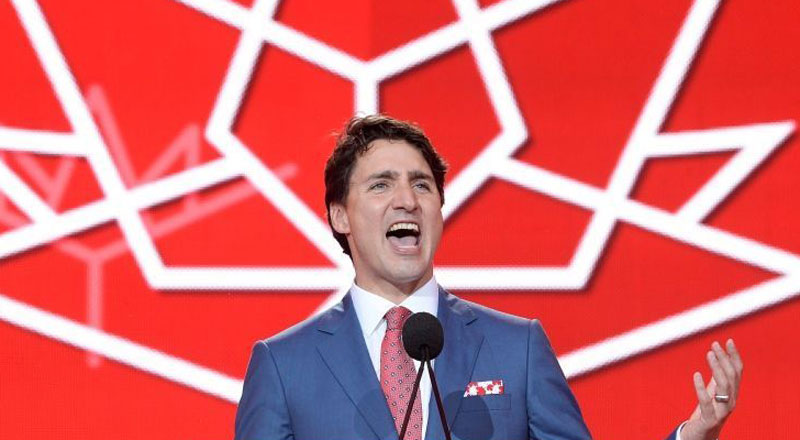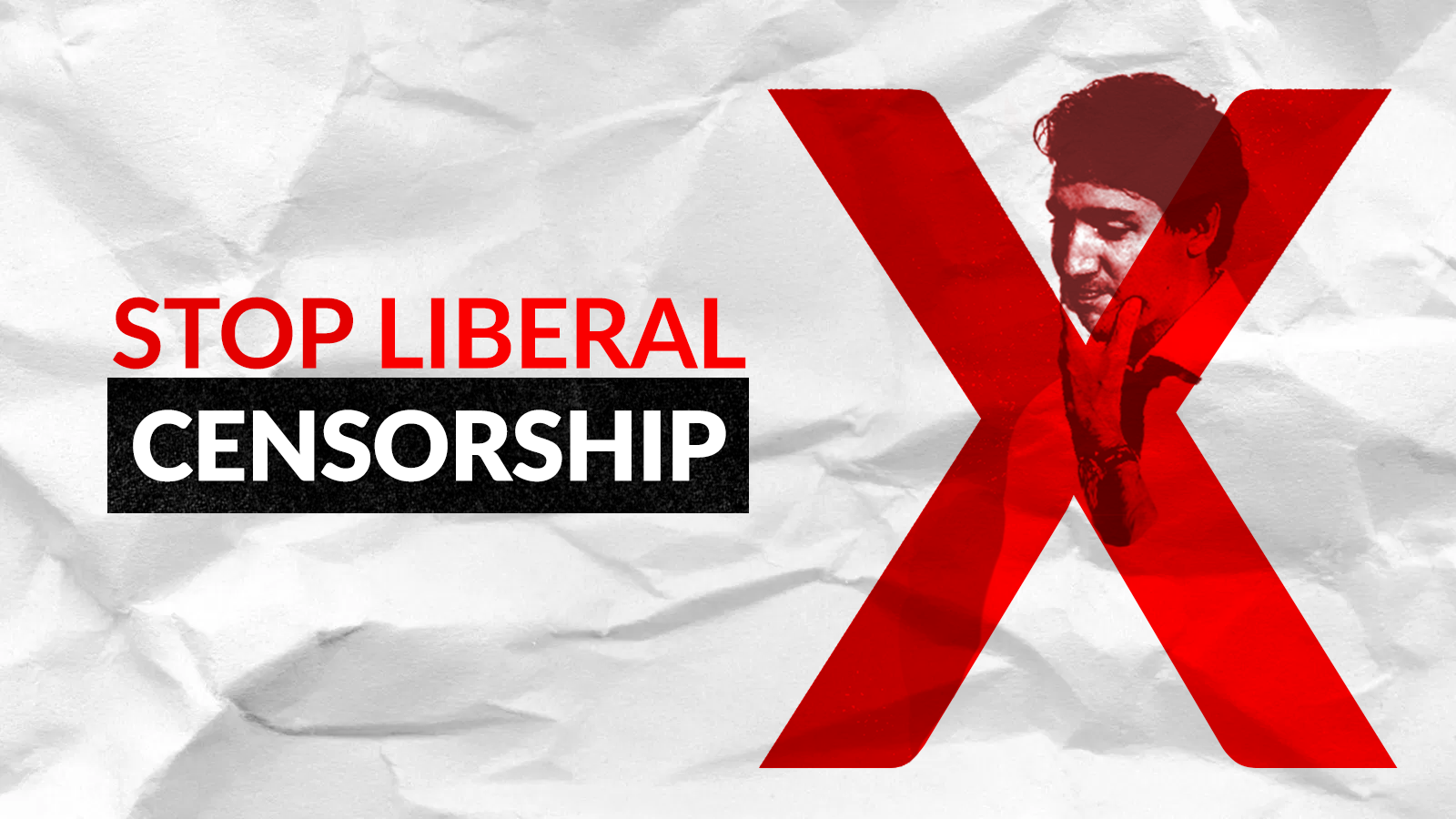In an alarming move to tighten control over information, Canada’s government, led by Prime Minister Justin Trudeau, is actively pursuing regulations to govern and potentially censor podcasts. These proposed measures, part of a wider initiative to curb dissenting voices, also include the tracking of podcast subscribers. This latest development is raising concerns about the erosion of free speech and independent media in the country.
Podcast Regulation in Canada: A Cause for Concern
Canada has recently witnessed the enactment of the Online News Act, also known as Bill C-18, during the summer. This legislation placed significant restrictions on online news platforms, effectively limiting the dissemination of news to corporate media outlets. It introduced a “link tax,” aiming to reduce the influence of independent news sources.
Trudeau’s Controversial Actions
Prime Minister Justin Trudeau has been at the center of controversy in recent times. Notably, his government froze the bank accounts of protesting truckers in Canada, a move that garnered significant attention. Shockingly, the government openly stated that being “pro-Trump” was a criterion for freezing these accounts.
Censoring Podcasts: A New Frontier
The latest addition to the government’s control measures is the intention to regulate podcasts. The Canadian Radio-television and Telecommunications Commission (CRTC) has expressed its desire to oversee the podcasting sphere. This development has been met with resistance from various quarters.
Canadian clinical psychologist Jordan Peterson, an internationally renowned podcaster, vehemently opposed the move on Twitter. He firmly stated, “Not a chance,” and criticized the decision as censorship.
CRTC’s Podcast Regulation
The CRTC has announced requirements for podcasters meeting specific criteria. These criteria necessitate the provision of information regarding their activities in Canada. Online streaming services operating in Canada, with annual revenues exceeding $10 million, must complete a registration form by November 28. This is framed as a one-time requirement for basic information gathering.
The CRTC is also imposing conditions on online streaming services to operate in Canada. These conditions require these services to furnish information related to their content and subscribership.
Moreover, the CRTC is looking to address how podcasters and video streaming services contribute to Canadian and Indigenous content in an ongoing consultation.
Impact on Freedom of Speech and Access to News
These developments have led to growing concerns about the erosion of freedom of speech and access to news in Canada. The introduction of measures to control and potentially censor podcasts, along with the restrictions on online news sources, has raised questions about the state of independent media in the country.
Meta’s Response
Notably, Meta, the parent company of Facebook and Instagram, has also taken action following the passing of the Online News Act (Bill C-18). The company has initiated a process to end news availability in Canada, preventing Canadian news outlets and publishers from sharing their content with the Canadian audience. This also extends to international news outlets, as their content will not be visible to people in Canada.
The changes imply that people in Canada will no longer be able to access or share news content on Facebook and Instagram.
In conclusion, the proposed regulations and actions by the Canadian government are raising significant concerns regarding the freedom of speech, access to news, and the state of independent media in the country. These developments are being closely watched by individuals and organizations committed to upholding democratic principles and media freedom.











More Canadian news at opinion-canada.ca eh